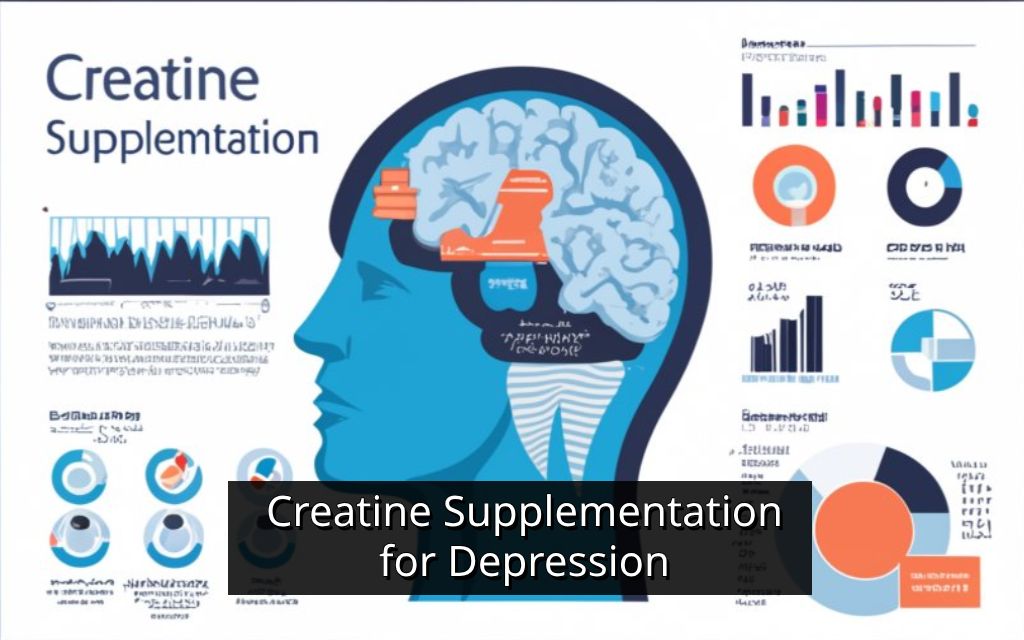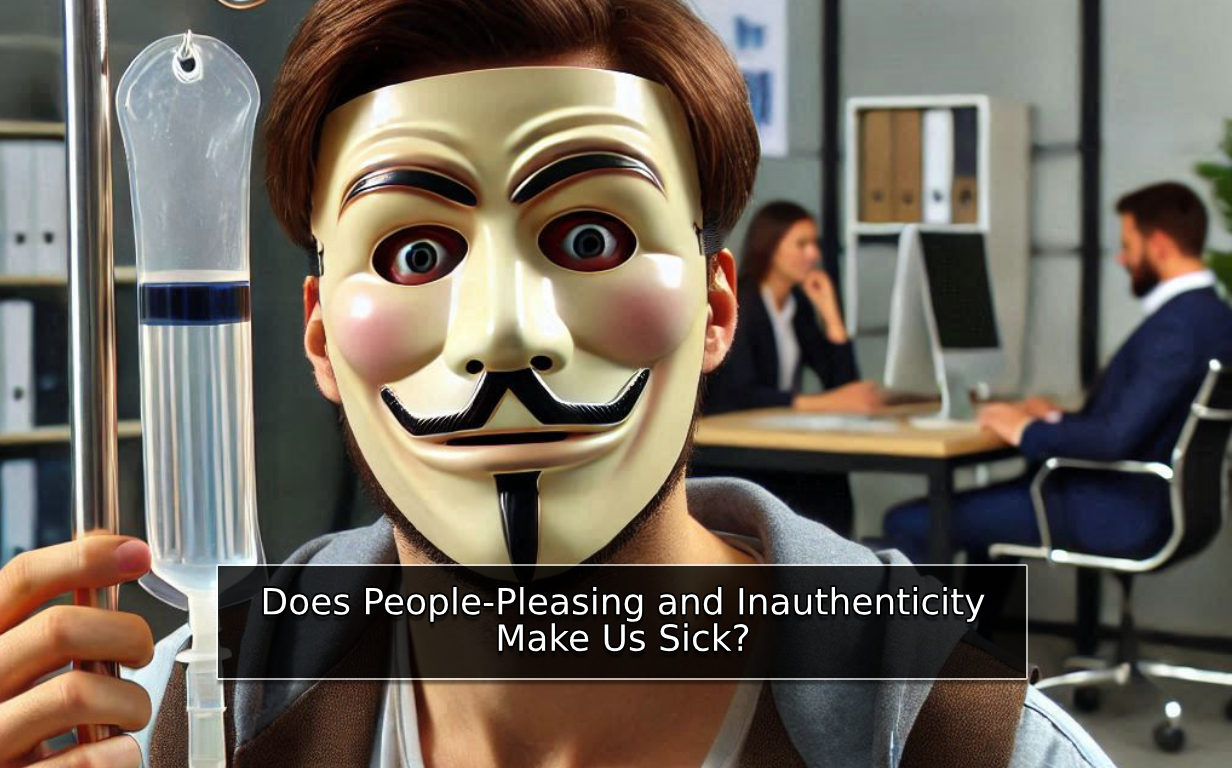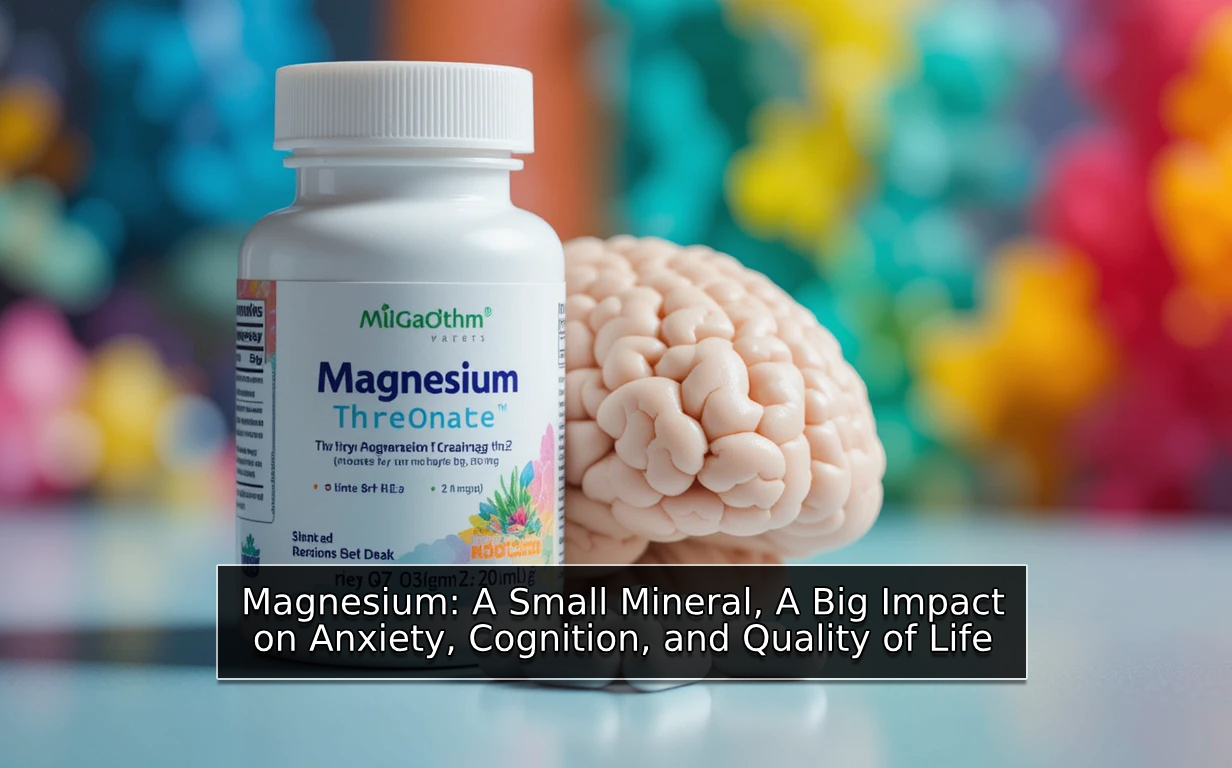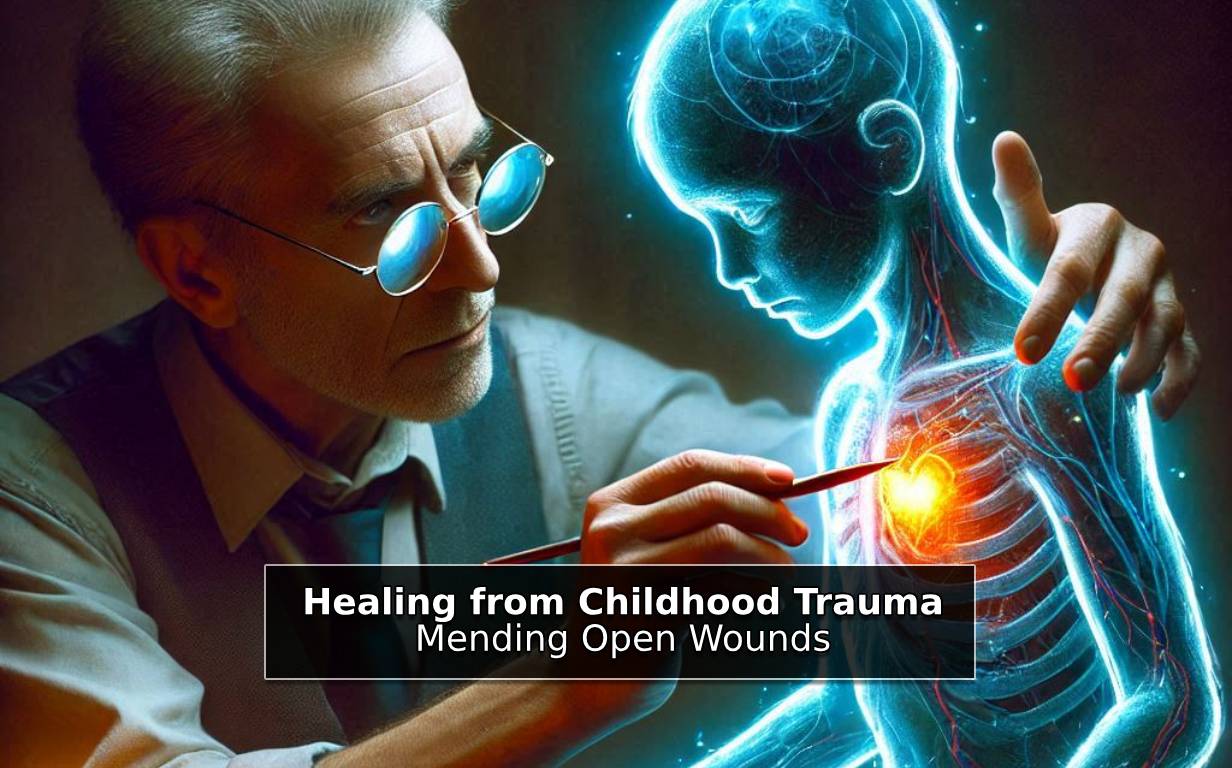Creatine Supplementation for Depression
What does creatine have to do with depression? You must be asking yourself. Depression, a prevalent neuropsychiatric disorder, poses a significant burden on global health. Traditional antidepressants, primarily targeting monoaminergic neurotransmitter systems, often require weeks to manifest their therapeutic effects. Moreover, many patients do not respond adequately to these treatments. Given these challenges, there is growing interest in exploring novel therapeutic strategies.
One such promising approach is the augmentation of conventional antidepressants with creatine monohydrate. Creatine, commonly known as a sports supplement for enhancing physical performance, has also been found to impact brain function, mood, and cognition. Let’s delve into the scientific evidence supporting its potential benefits for depression and brain health.
Creatine and Brain Energy Metabolism
Creatine plays a crucial role in brain energy homeostasis. Disruptions in brain energy production, storage, and utilization have been implicated in the pathophysiology of depression. Creatine supplementation may modify brain high-energy phosphate metabolism, potentially restoring bioenergetics at the cellular level. As an energy-intensive organ, the brain relies heavily on adenosine triphosphate (ATP) for its functions. Creatine, stored as phosphocreatine in cells, acts as a reservoir for high-energy phosphate, which can be rapidly mobilized during periods of high energy demand. This mechanism is particularly crucial in neurons, which have limited energy reserves.
Clinical Evidence for the effect of creatine on the treatment of depression
Several studies have investigated the potential antidepressant properties of creatine. While some studies have reported beneficial effects of creatine for depression management, others found no significant advantage compared to placebo. The exact mechanisms through which creatine exerts its antidepressant effects are still under investigation, but several theories have been proposed:
- Enhanced energy metabolism: Creatine might enhance neuronal energy metabolism, ensuring optimal brain function and potentially counteracting the energy deficits observed in depressed individuals.
- Neuroprotection: Creatine has neuroprotective effects, potentially safeguarding neurons from various forms of stress.
- Modulation of neurotransmitter systems: Creatine might influence neurotransmitter systems, including the serotonin and dopamine pathways, which play crucial roles in mood regulation.
Safety and Tolerability
Creatine is generally well-tolerated, with most reported mild and transitory adverse effects. Common adverse effects include gastrointestinal symptoms and muscle cramping. However, in the context of depression treatment, these adverse effects are often outweighed by the potential benefits.
Although the current body of research suggests that creatine supplementation may offer a novel therapeutic approach for depression, especially in treatment-resistant cases, further randomized, placebo-controlled trials are warranted.
Remember, taking care of your mental health involves a holistic approach, including proper nutrition, exercise, and seeking professional guidance when needed. Creatine could be one piece of the puzzle, but it’s essential to consider it within the broader context of self-care and mental wellness.
Contact now
Ready to take the first step towards positive change? Contact me now for more information and to schedule an appointment. Whether you prefer in-person sessions in Tel Aviv or virtual meetings via Zoom, my integrated approach of Cognitive Behavioral Therapy (CBT) and Acceptance and Commitment Therapy (ACT) can help you break free from struggles and find greater fulfillment in life. I'll be sure to get back to you as soon as possible. Let's embark on this transformative journey together!
Call Whatsapp 052-2325511
Or fill out the following form.
Can ACT and CBT assist you or your loved ones?
Welcome to my therapy practice, where I offer a powerful combination of Cognitive Behavioral Therapy (CBT) and Acceptance and Commitment Therapy (ACT) techniques. CBT is a goal-oriented, short-term approach that's highly effective for anxiety, depression, low self-confidence, and more. ACT complements CBT, helping you navigate life's challenges and find fulfillment and authentic, happier life.
If you're struggling with anxiety, depression, low self-image, or facing setbacks, CBT combined with ACT may be the key to transforming your life. Break free from the struggle and take a step towards a happier, more fulfilling life.
Contact me today to schedule an appointment and embark on your journey of positive change. You don't have to face it alone; I'm here to support you every step of the way. Let's work together to create the life you deserve!





